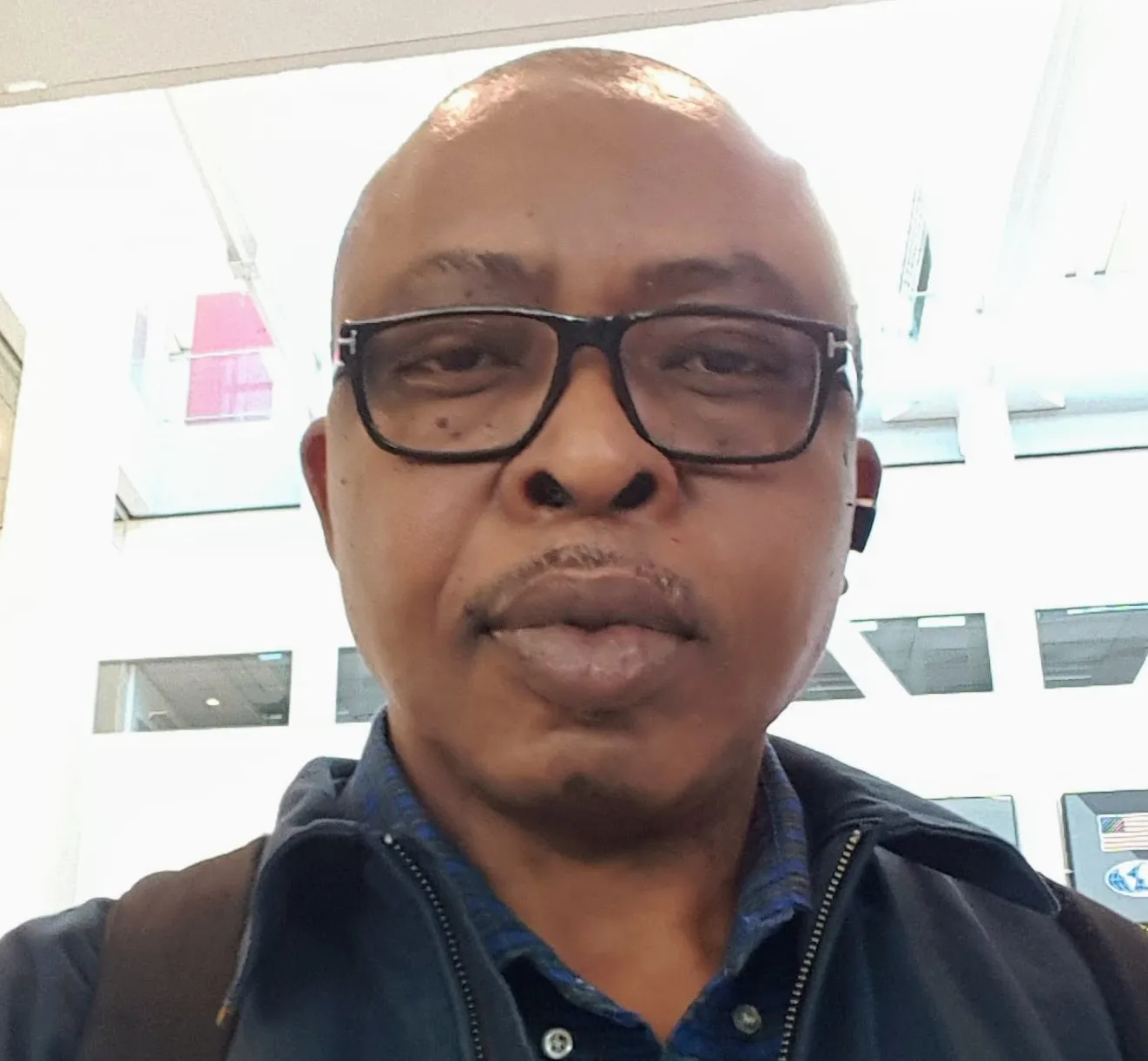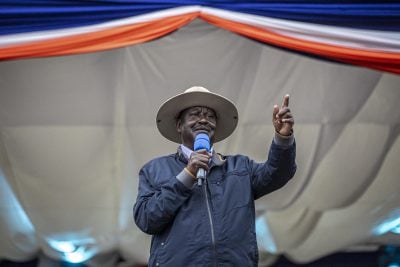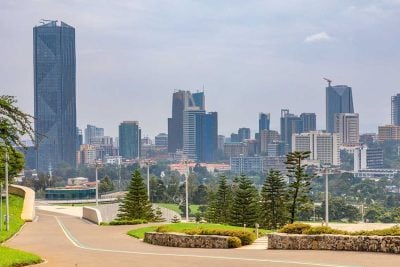Nigeria’s 2023 presidential election was swiftly concluded by early March, but its contentious aftermath appears set to linger, muddying the new president’s ability to focus on urgent challenges in Africa’s largest economy.
The first major problem facing President-elect Bola Ahmed Tinubu of the ruling All Progressives Congress (APC) is that of the election’s legitimacy. Elected by just 8.8m out of 93.4m registered voters, Tinubu was backed by the smallest number of the electorate in any election since Nigeria ended military rule in 1999.
A majority of the voters in two-thirds of Nigeria’s 36 states didn’t support him. He won in only 12 states, the same number as his two closest opponents, Atiku Abubakar of the main opposition Peoples Democratic Party (PDP) and Peter Obi of the Labour Party (LP).
Tinubu’s mandate is further undermined by the fact that the opposition has not yet accepted the result and has questioned the role of the Independent National Electoral Commission (INEC).
Peter Obi is pressing ahead with a legal challenge to the outcome of the election, with his lawyers likely to base their case on Section 50 (2) of Nigeria’s 2022 Electoral Act, which states that results should be transmitted electronically, according to a procedure determined by the commission – something that they claim failed to happen.
“This singular act has given room for suspicion of human interference and manipulation of the results,” said Auwal Rafsanjani, chairman of the Transition Monitoring Group coalition of election observers, while presenting the group’s assessment of the 25 February elections. Foreign observers joined the criticism, with the US-based National Democratic Institute and International Republican Institute saying the vote “fell far short” of the expectations of citizens.
“Moreover, voters’ trust in the process has been considerably shaken by INEC’s lack of transparency,” they added in a statement.
In March the Labour Party’s chief spokesperson, Dr Yunusa Tanko, said that Obi had officially filed his petition to the presidential elections tribunal in Abuja, challenging INEC’s electoral process. Nigeria’s election commission agreed to hand over thousands of documents to the opposition’s legal team, saying it has nothing to hide.
A busy economic in-tray
Given the limited margin of victory, it was initially feared that Tinubu could be short of the political capital needed to push through difficult decisions necessary to revive a flagging economy, when he takes office from President Muhammadu Buhari on 29 May.
But with the ruling party also securing its parliamentary majority at the polls, the new government will be able to implement its legislative agenda. The APC further strengthened control of the machinery of governance in the March gubernatorial elections, in which the ruling party won 15 states compared to seven for the opposition Peoples Democratic Party and one for Obi’s Labour Party.
With the IMF projecting growth of just 3.2% this year, there is plenty of work needed to encourage an economic expansion. One of the biggest of the looming challenges will be sticking with Buhari’s belated decision to end a hugely expensive fuel subsidy, a sign of Nigeria’s enduring failure to refine its own oil and gas output and a policy which has long enriched a murky network of cross-border smugglers.
Buhari avoided reform during his eight years in power but reports say he has set implementation for June, just after he is scheduled to leave office. If implemented, the subsidy repeal will free up funds urgently needed for infrastructure development, to speed up diversification of the economy and to reduce over-dependence on oil and gas exports.
But its immediate impact will be to further stoke inflation, now running at more than 21%, and increase hardship for ordinary Nigerians. Nigeria’s central bank raised its benchmark lending rate by 50 basis points to 18% in March as it continues to tighten policy to rein in inflation.
The last time a Nigerian government attempted to end the subsidy, under former President Goodluck Jonathan in 2012, it provoked nationwide protests led by the opposition and civic groups as well as strikes by labour unions that ended only when the decision was rolled back.
With funding for the 2023 budget only guaranteed for the first half of the year, President Tinubu will likely face a financing crunch from his first day in office, given an empty treasury and Buhari’s legacy debt of N77 trillion ($167bn). Downgrades by credit-rating agencies have led to higher costs of raising funds from the international financial markets, and the servicing of existing domestic debt already accounts for a large chunk of government revenue.
Tinubu may be forced to lean heavily on the Nigerian Central Bank for funding, further worsening the nation’s credit. Tinubu will have to decide whether to re-establish reportedly strained relations with powerful CBN governor Godwin Emefiele, whose future has been the subject of intense speculation, or expend political capital on the push for a replacement. Emefiele’s position may have been weakened by the botched replacement of old banknotes, which the Supreme Court has ruled are still valid.
A clear lifeline for Tinubu’s government would be a substantial boost in oil exports. State oil company NNPC has expressed optimism about restoring lost output, which in September hit a 32-year low of less than a million barrels per day.
For more than two years Nigeria has been unable to meet its OPEC quota, as a combination of unrest and crude theft in the oil-producing Niger Delta region took a heavy toll. But NNPC chief executive officer Mele Kyari has estimated that the country may meet its OPEC production target of 1.8m barrels per day by May. That could result in a significant improvement in finances, and additional foreign-exchange income could help ease downward pressure on the value of the naira.
Tinubu’s government could also benefit from the planned opening of the 650,000 barrels per day Dangote Refinery and Petrochemicals Plant in Lagos later this year. That would go a long way to ensuring that Nigeria has enough refining capacity to meet domestic needs and end costly imports that guzzled at least $10bn last year.
Security and devolution
Tinubu will also be greeted with a raft of security challenges in a deeply divided nation. He will need to develop strategies for dealing with Boko Haram’s ongoing jihadist insurgency, and with the grazing conflict that has pitted farmers against herders in large swathes of the country, as well as dealing with the thorny issue of Biafran separatism.
Having achieved power, Tinubu might opt for gestures that will quickly distance himself from Buhari and appeal to a broader support base. One of those might be freeing Nnamdi Kanu, a Biafran separatist leader who was seized by Nigerian agents from Kenya in 2021 and is still held despite a court of appeal acquitting him – though the court later stayed its ruling to free him.
Devolution could also help to distance Tinubu from his predecessor. Earlier in his political career Tinubu supported the devolution of more powers to the country’s regions, a goal which was sidelined while he forged an alliance with Buhari and other devolution-sceptical northerners. If Tinubu does decide to revisit devolution, it might win him new friends across the south and the middle of the country, and enable him to begin building a broader support base than the limited following that ushered him to power.
Want to continue reading? Subscribe today.
You've read all your free articles for this month! Subscribe now to enjoy full access to our content.
Digital Monthly
£8.00 / month
Receive full unlimited access to our articles, opinions, podcasts and more.
Digital Yearly
£70.00 / year
Our best value offer - save £26 and gain access to all of our digital content for an entire year!

 Sign in with Google
Sign in with Google 



